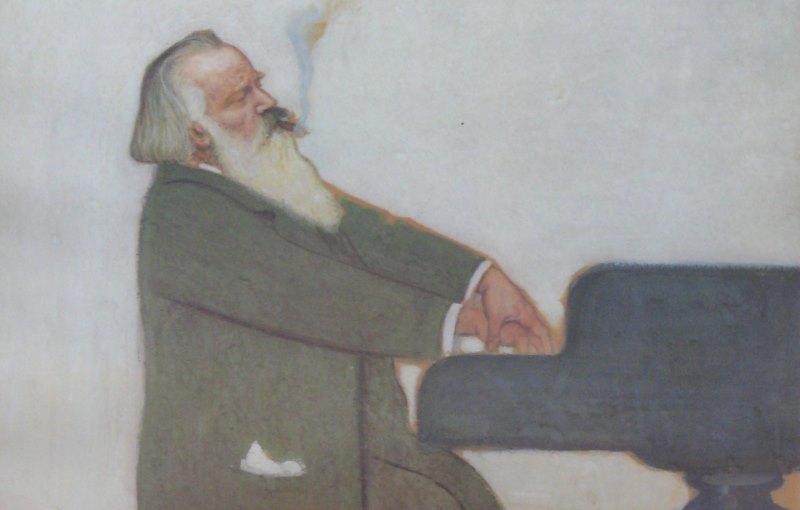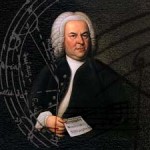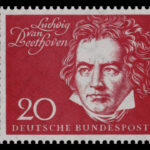Brahms wrote this magnificent concerto in the four years leading up to 1881, at the height of his career. It is a massive work, symphonic in its proportions. It has four movements in all, adding a scherzo to the usual three movements, making it one of the longest Romantic piano concertos ever written. The relationship between the solo piano and orchestra is unique and varied. While the pianist often has towering solos, fiendishly difficult passages and cadenzas, in many places there are chamber-music like interactions between the pianist and the orchestra.
The concerto opens with a sunny, sonorous horn solo, echoed by the piano and winds; the piano breaks into a dramatic cadenza (akin to the opening of Beethoven’s “Emperor” piano concerto), after which the main theme is resoundingly taken up by the orchestra. A lyrical second theme is introduced by the orchestra, and then dramatically amplified by the piano. The main theme reappears in the horn in a minor key, and also heralds the sonorous recapitulation which eventually brings the movement to a close.
The second movement scherzo is anything but light-hearted. It has a tragic feel to it, punctuated by offbeats first in the lower strings and later on in the piano. A vigorous trio in the middle leads to passages of symphonic grandeur, before finding its way back to the opening theme.
After such a thunderous movement, the third movement, with its lyrical opening ‘cello solo, is a welcome respite of calm and serenity. The piano weaves delicate melodic wisps around a soft orchestral accompaniment, wandering into ever more-foreign sonorities, before the solo ‘cello solo gently guides everyone back to the main theme and key.
After the romantic fireworks and deep emotions of the first three movements, the last movement Allegretto grazioso presents a total contrast. It is lightly scored, with a delicate grace worthy of Mozart and Haydn. The main theme is almost childlike in its simplicity, tossed back and forth between soloist and orchestra. Three themes in the middle have a Hungarian or gypsy air about them. A sudden restatement of the main theme by the piano in fast 6/8 time ushers in the coda and triumphant conclusion of this superlative concerto.
Piano Concerto No. 2 in Bb Major
Op. 83
Composed in 1881
By Johannes Brahms






